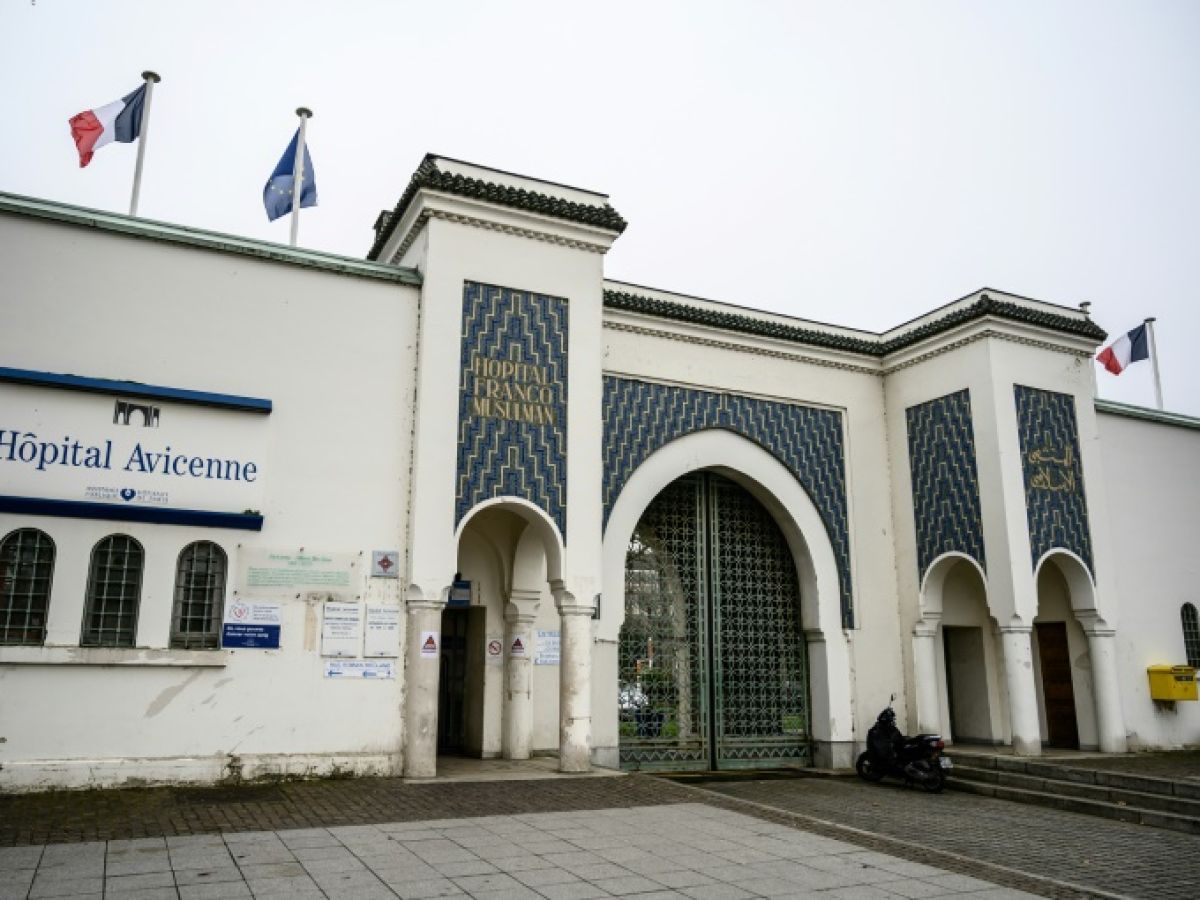"If problems take hold, we've missed the boat," says child psychiatrist Théo Mouhoud, head of the Maison des Adolescents de Bobigny, an oasis in the desert of medical care in Seine-Saint-Denis, which provides crucial help to suffering young people.
Young people aged 11 to 21 are welcomed, with or without an appointment, at Casita, a specialized structure housed in a small cream-colored building at the Avicenne AP-HP hospital, by a multidisciplinary team: psychologists, pediatricians, doctors, child psychiatrist, nurses, psychomotor therapist, educator, social worker.
Like Mona (name changed), 18, whose eyes are clouded by anxiety: "I can't stand being out of school anymore. I isolate myself in my room, I smoke 4-5 joints a day, I ruminate... my brain never wants to stop," she sighs.
Wracked with guilt after dropping out of her first year of medical school after a month, she was hospitalized in psychiatry this winter and is "doing much better," says Théo Mouhoud, who is following her and runs Casita, "little house" in Spanish, founded in 2004 by psychiatrist Marie-Rose Moro – now head of the Maison de Solenn at Cochin Hospital in Paris.
Mona, who was taken into care at Casita after suicide attempts at 15, returned because "there was a connection: it's the connection that heals, it's extremely precious," the doctor continues. But "if you let six months go by, the problems set in, you miss the boat."
– “Massive sexual abuse” –
This Adolescent Center is a unique resource in Seine-Saint-Denis, the poorest and youngest department in France - 28% of residents are under 20 years old - where the area's hospitals only have 30 child psychiatry beds and where it takes two to three years to be treated in overcrowded CMPs (Medico-Psychological Centers).
"Serious suffering requiring a lot of care is treated there: depression, suicide attempts, self-harm, anxiety disorders, abuse, trauma, harassment, school dropouts," lists Mr. Mouhoud.
"We're overwhelmed with requests, we're working at full capacity. We're supposed to manage crisis situations, make a diagnosis before redirecting to a CMP, or follow up for less than a year, but in a system that's stuck, we keep a lot of teenagers into adulthood," he says. "If the CMPs were strengthened, we could redirect them: the machine would work."
Some teenagers with "terrible life histories" are referred by child welfare services or youth justice. "Too old to go to pediatrics, too young to go to adult care, 16- to 18-year-olds are left behind," he notes.
Many young people "come forward to reveal sexual abuse: it's massive, it's all the time," reports Dr. Mouhoud – he is devoting his doctorate to it. "We see this in the work of the Independent Commission on Sexual Abuse in the Church (CIASE) and the Independent Commission on Incest and Sexual Violence Against Children (CIVIISE)," revealing that 160,000 children a year are victims of sexual violence.
– “It requires funds” –
"For my thesis, I read testimonies from victims of childhood sexual assault, some of whom are 60 or 80 years old: they recount lives ravaged by trauma, anxiety, depression, and work stoppages. For these abuses to create less disruption, we need better support, in police stations, educational follow-up, and in care," he believes.
At Casita, caregivers are brimming with ideas to help teens feel better: film debates, gardening, outings to the Maison de la Culture or the Louvre, board games, body expression workshops, graffiti, and slam poetry.
"Art heals. And some phobias are expressed while taking the subway, which we wouldn't have seen in a consultation," summarizes psychologist Gabriela Kucawca.
In France, 123 youth centers support 100,000 young people each year. They are essential "in the face of growing demand from young people experiencing distress and difficulties accessing mental health professionals," the Court of Auditors stated in a report in March.
"It works, thanks to extremely motivated and passionate people, but it requires funding," emphasizes Dr. Mouhoud, who was refused funding from the Regional Health Agency (ARS) to create a mobile team.
"If we put a lot of effort into adolescents, we'll have fewer sick adults for decades: that's easy to understand, isn't it?"
